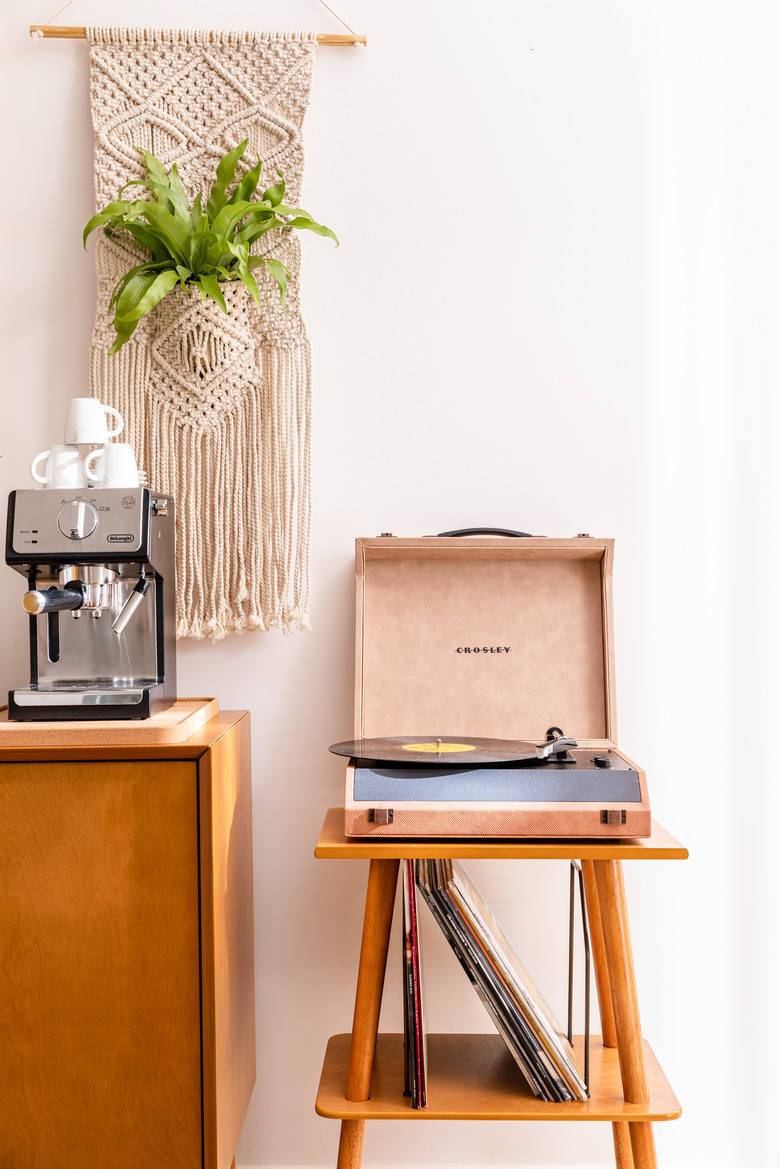Does Music Actually Help Plants Grow?
Plants do better with music: Fact or fiction? Science or old wives' tale? While so many of these "tips" turn out to be trendy click-bait, this doesn't appear to be one of them. Many gardeners notice that their plants do better when exposed to music, and research supports the view that music makes for faster, healthier plant growth.
Still dubious that playing music for your houseplants will show positive results? Read on and decide for yourself.
Tracing the Love Between Music and Plants
Tracing the Love Between Music and Plants
People have been talking about the fascinating relationship between music and plants for decades. Gardeners have made frequent claims that their indoor and/or outdoor plants grew faster when exposed to music — especially classical music — but these have been anecdotal rather than scientific.
But over time, science stepped up to the plate on the issue. One of the earliest projects linking music to plant growth was undertaken in 1962 by botanist Dr. T. C. Singh working from India's Annamalia University. He found that balsam plants regularly exposed to classical music grew 20 percent more in height than a control group.
Dr. Singh also found that when seeds were exposed to music, they grew into bigger, leafier plants than seeds in the control group. This was later confirmed by Canadian engineer Eugene Canby who discovered that seeded wheat fields exposed to violin music showed a 66 percent increase in yield.
Not all scientists agree, but many growers have been convinced. More than a few winegrowers use classical music to improve their crop. For example, the vineyard Il Paradiso di Frassina in Tuscany, Italy has blasted classical music over its fields for decades. They say that the grapes exposed to the music are more robust and have the highest sugar content. The winemakers also report a dramatic reduction in insect pest damage.
Plants React to Vibrations
Plants React to Vibrations
Some people have trouble with the plant/music relationship because they doubt that plants are sentient beings, capable of "liking" music. But the most accepted explanation for their additional growth when exposed to music doesn't rely on plant sentience. Rather, experts say that it's all about the sound wave vibrations. The vibrations are thought to speed up the movement of protoplasm in the plant cells, improving growth and the manufacture of nutrients.
This explanation is supported by a study developed for the Mythbusters show in 2004. The hosts set up seven controlled greenhouses, some with music, some with recorded talk, some without either. Their experiments showed that plant growth was most expansive when plants were exposed to music and somewhat less robust when exposed to language. Those that were not exposed to any sound came in dead last.
Which Music Is Best for Houseplants?
Which Music Is Best for Houseplants?
Some studies claim that plants do better with certain frequencies, but that gets complex quickly. Instead, let's go for the simple question: rock music or classical? Most of the commentators say that classical is better than rock for plants, but is it true?
The folks at "You Got Me At Gardening" website recently published the results of an experiment that might help you decide. They conducted a four-week experiment on a variety of different plant species, with one of each species group exposed to classical, a similar group exposed to rock music, and a control group exposed to nothing at all. The results were striking: plants preferred music to silence. Every plant species did better listening to classical music than listening to nothing most did better with rock music than nothing. But generally, the plants performed better when exposed to classical than rock.
That means that the general consensus is the way to go. Play classical music for your houseplants to give them the biggest boost in growth. Mozart seems to be favored. There are also many musical albums put together just for plants that you can stream on on Spotify, YouTube Music, and/or Apple Music. We particularly like Mother Earth's Plantasia by Mort Garson, recently re-released by Sacred Bones Records. Check out "Symphony for a Spider Plant" and "You Don't Have to Walk a Begonia."
References
- Adam Harkus: The Affect of Music on Plants: A Look at Scientific Studies
- Bloomscape: Does Music Affect Plant Growth?
- Mythbusters: Episode 23
- The Smiling Gardener: Music and Plants
- CBS:How Mozart's music is Improving the Grapes in Italian Vineyard
- MSN: This Is the Music To Play For Your Plants To Stimulate Growth
- You Had Me At Gardening: Best Music for Plants

